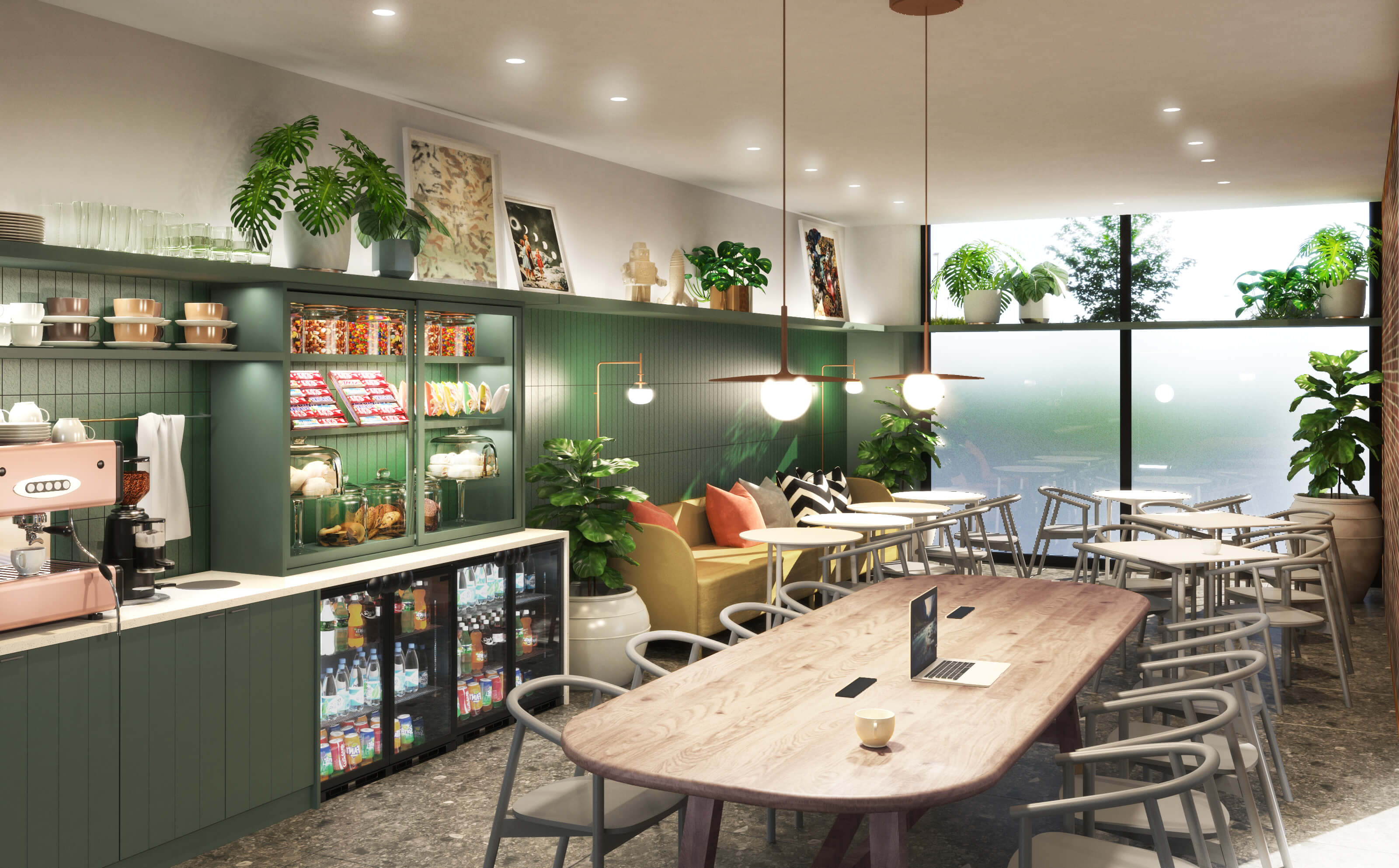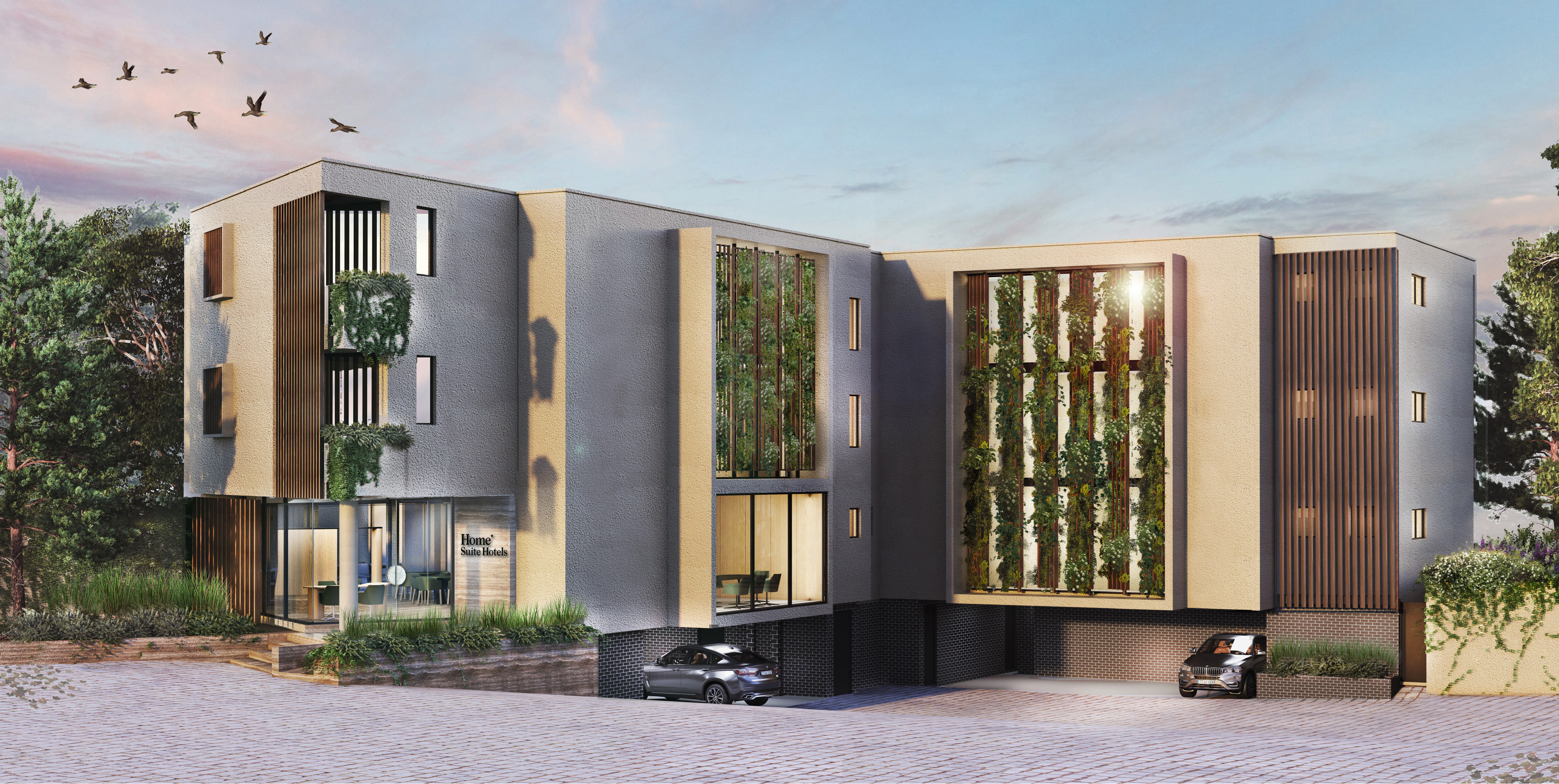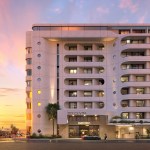Access to global markets via proliferating index funds and Exchange traded funds (ETFs) has allowed for efficient and diversified options. It makes sense after all to diversify one’s assets outside an area that represents less than 0.5% of the global economy. It also makes sense to diversify from our local currency — the rand being one of the most volatile in the world.
That’s not to say offshore investing has been a breeze without significant risk — for many, especially over the past year (S&P 500 down 5% and Eurostox50 down 15%) offshore investing has not been a walk in the park.
Wise investors will tell you that your investment risk can be significantly mitigated by taking a long-term view and that over time you will navigate through economic cycles and reap the astounding benefits of compounding. Given our turbulent history and volatile socio-political environment in South Africa it has not been easy to take a long-term view — it’s often difficult for us to even see beyond the next political event (elections 2019 on all of our minds). An investment in South Africa today needs a compelling story and a deep understanding of the risk factors involved.
We’ve spent the past three years trying to create this. Lucid Ventures is a R230-million 12J fund that invests in new boutique hotels in South Africa’s prime locations. Investors receive the benefit of an up-front, 100% tax deduction on invested capital, annual income generated by the hotel portfolio as well as capital appreciation of the properties over time. The risk is significantly mitigated by the property underpin of each investment. Investors are able to exit the investment after five years via either a REIT conversion and/or a sale/refinancing of sectional title units.
Tourism is a massive $3-trillion growing global industry. South Africa gets a tiny sliver of this — just a few million out of one billion annual tourists. Our country can compete with the best tourist destinations in the world and should be getting a lot more. We have the most spectacular natural attractions, diverse and hospitable people and a weak local currency. Tourism creates jobs — almost a million currently with the potential to double or triple this number.
There are countless cases studies that we can learn from — Croatia, a tiny previously war-ravaged country attracts almost 20 million tourists annually. With the right government policy (such as making it easy to get a visa), marketing of South Africa and investment in the tourism industry, we can pull this off and transform our economy.
We’ve identified a gap in the local hospitality space. On the one hand the industry is dominated by large, mainly international hotel brands (Marriott, Radisson and so on) — big hotels with standard rooms and amenities as well as extensive conference and dining facilities. Airbnb has opened up an entirely new supply in the industry — people’s homes and “serviced apartments” — effectively a “DIY” solution for travellers with a wide variety of offerings and standards. The gap we’ve found is for discerning tourists and frequent business travellers, a value proposition which includes:
- 40-50 room boutique hotels in prime locations in South Africa’s major cities — such as Rosebank and Sandton in Johannesburg, De Waterkant and the CBD in Cape Town and Menlyn in Pretoria;
- A warm and homely feel;
- Removal of “pain points” — long check-in processes and slow internet
- Cutting-edge design by South Africa’s best architects and interior designers;
- The most comfortable beds available to support an all-important good night’s rest;
- A great breakfast with artisanal coffee; and
- Brilliant service focusing on a personalised guest experience.
-

Breakfast room of our hotel in Rosebank (opening April 2019)
-

Facade of our hotel in Sandton (opening December 2019)
Drawing on my experience of building the kulula.com and SLOW lounge businesses, my vision of creating a hospitality offering and investment platform unlike any other in South Africa would not be possible without an exceptional team.
Andrew Kuming and his team have built many of Johannesburg’s most successful residential developments and oversee construction and development. Graham Wood, super successful ex-CEO of Southern Sun and his crew (who ran the likes of the Cape Grace and the One and Only) will manage the hotels with an uncompromising approach to customer service.
Lucid has allowed us to put South Africa back into investment crosshairs. We are backing it with our own capital as well as the support of our 100-strong investor base and South Africa’s leading banks and wealth managers such as Investec and Stonehage Fleming. An investment in the Lucid Hotel Fund provides the opportunity to achieve excellent risk adjusted returns and make a real impact on our economy and the people of South Africa.


















 Become an Insider
Become an Insider